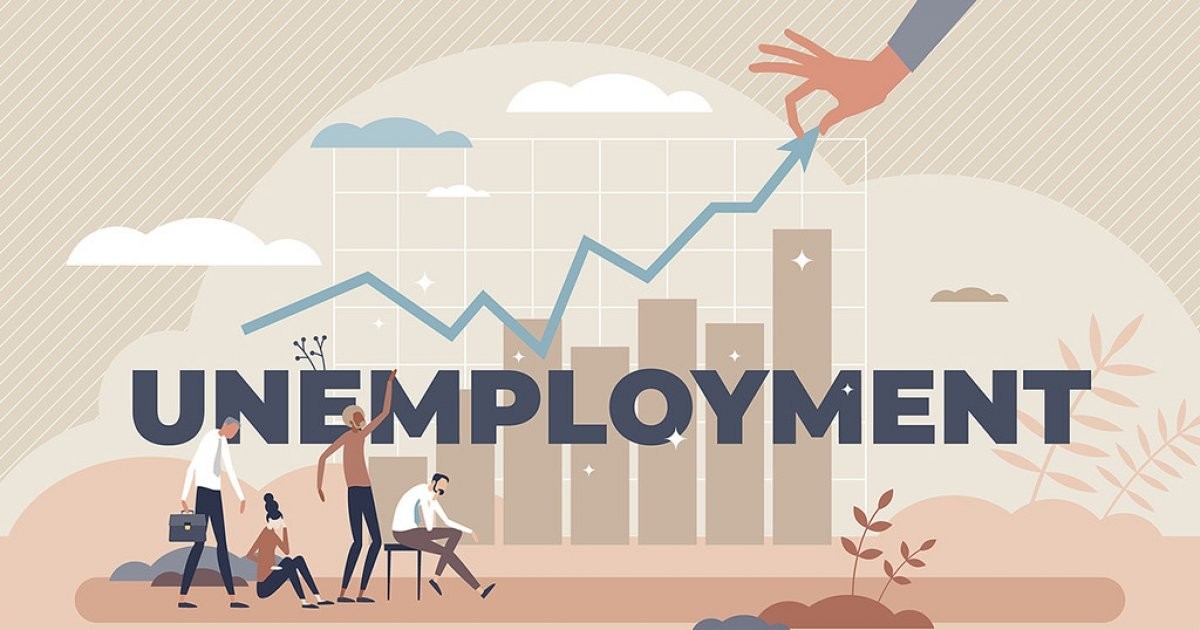Empowering Arab Youth with Future Ready Skills for the New Economy,Education sits at the heart of any society’s ability to survive and thrive through change. In the Arab world, rich in history, culture, and human potential, education must evolve from a formula of facts and exams into a living system that prepares people for a rapidly shifting economy. This article explores what skills matter most, why they matter, and how communities, schools, policymakers, and employers can work together to humanize learning so every learner can find dignity, opportunity, and purpose.
Why skills, not just degrees, are becoming the currency of work
The reality many families and students face today is that a diploma no longer guarantees stable employment or personal fulfillment. Employers increasingly look for people who can think across disciplines, communicate clearly, solve messy problems, and learn new tools fast. In everyday terms, a young graduate who can code a bit, explain their ideas, work in a team, and adapt when priorities shift is more likely to build a sustainable career than one who simply memorized textbook chapters.
This is not about replacing traditional education, it is about expanding it so that credentials reflect actual capability. It is about recognizing the whole person: their creativity, resilience, and social intelligence as much as test scores.
Core technical skills the region needs now
Technical skills remain important because they open doors quickly into growing sectors. Priorities include:
Digital and data literacy – the ability to use common digital tools, understand data basics, and spot misleading information. This is fundamental across white and blue-collar jobs.
Basic coding and computational thinking – not everyone must be a software engineer, but learning how to break problems into steps and automate simple tasks is empowering.
Applied STEM skills – practical engineering, biotechnology basics, renewable energy know-how, and applied mathematics tuned to real workplace problems.
Vocational and technical trades – skilled trades such as electricians, plumbers, and technicians are in high demand and locally essential; vocational pathways must be respected and modernized.
When technical learning is connected to local industry needs through apprenticeships, internships, and hands-on projects, young people see how classrooms translate to real livelihoods.

Human skills that multiply technical ability
Technical skills are amplified by human-centered capabilities. These are sometimes called soft skills, but that label undersells their economic and social power. Key human skills include:
Critical thinking and problem solving – the habit of asking better questions and testing assumptions.
Communication and collaboration – the ability to explain an idea, listen to different perspectives, and work toward shared goals.
Creativity and entrepreneurial mindset – experimenting, iterating, and seeing constraints as opportunities.
Emotional intelligence and resilience – navigating setbacks, building relationships, and managing stress.
Cross-cultural and civic competencies – working across diverse communities and understanding social responsibilities.
These skills are learned through dialogue, projects, mentorship, and experiences that require reflection, not just rote learning.
Lifelong learning and adaptability: the new normal
Careers today are rarely linear. Many people will change roles, sectors, or countries multiple times. That makes learning how to learn the most crucial skill of all. Systems should encourage micro-credentials, certificate stacks, short courses, and pathways that let adults return to education without losing dignity or income.
Policies that support adult learning, flexible timetables, recognition of prior learning, and digital access create a population that can pivot when new technologies or economic shocks arrive. For students, embedding metacognition into curricula, simple practices like setting learning goals, self-assessment, and reflection, builds confidence and adaptability.
Making learning equitable: reaching marginalized communities
Skills are not distributed equally. Young women, rural youth, refugees, and those from poor households often face barriers to training and jobs. A humanized education approach prioritizes:
Accessible infrastructure – reliable internet, community learning centers, and safe school environments.
Affordable pathways – scholarships, conditional cash transfers, and low-cost technical training.
Inclusive curricula – materials that reflect local languages, cultures, and learner realities.
Targeted support for women and girls – mentorship, flexible schedules, and career counseling that challenge stereotypes.
When education systems remove barriers rather than assume availability, entire communities benefit economically and socially.
Rethinking curricula: from content to capability
Traditional curricula focus on content coverage. A skills-centered approach asks: what will learners be able to do after this course? Practical ways to shift include:
Project-based learning where students solve real local problems.
Interdisciplinary modules that connect math, science, humanities, and creativity.
Assessment that measures applied skills such as portfolios, presentations, and real-world tasks rather than only multiple-choice tests.
Integrating entrepreneurship and financial literacy so learners understand how to create value for themselves and others.
These shifts make education more relevant, motivating, and directly tied to community needs.

Teachers and trainers: the human core of transformation
Teachers are the single most influential factor in learning. Supporting them means:
Investing in continuous professional development focused on pedagogy, digital tools, and student-centered methods.
Creating communities of practice where educators share ideas and mentoring.
Recognizing and rewarding innovation in the classroom.
Empowering teachers to co-design curricula with local businesses and NGOs.
When teachers are trusted and supported, changes to curriculum and policy are far more likely to succeed.
Stronger links between education and the job market
Bridging the gap between schools and employers prevents wasted time and talent. Effective strategies include:
Apprenticeship and internship programs that give learners workplace experience.
Industry advisory boards that help shape curricula to current needs.
Career guidance services that are early, realistic, and relationship-driven, not just a single counseling session near graduation.
Support for small and medium enterprises to host trainees and benefit from local talent.
These connections help education become an engine for local economic development, not an abstract requirement.
Technology as an enabler, not a silver bullet
Technology can accelerate learning through remote education, adaptive practice platforms, and collaboration tools, but it must be used thoughtfully. Key principles:
Prioritize accessibility and simplicity over flashy features.
Train teachers and students in tool use and digital safety.
Blend online resources with in-person mentorship and hands-on practice.
Use low-tech solutions where connectivity is limited such as SMS-based learning, radio lessons, and printed guides paired with community facilitators.
Technology helps scale good teaching, but it cannot replace the human relationships that make learning meaningful.
Financing and policy: alignment for impact
Change requires realistic financing and aligned policies. Governments, donors, and the private sector can collaborate on:
Funding flexible vocational programs and apprenticeship subsidies.
Incentives for private training providers that meet quality standards.
Recognition frameworks for micro-credentials and non-traditional learning pathways.
Policies that reduce barriers for women, entrepreneurs, and rural learners.
Strategic investment is about creating durable systems, not one-off projects.
The role of families and communities
Learning happens everywhere. Families, religious institutions, and community groups play vital roles in shaping aspirations and offering practical support. Encouraging community-led learning spaces, adult education, and parent engagement strengthens the ecosystem around learners. When communities participate in designing education that addresses local needs such as water management, agriculture, and small business skills, the payoff is immediate and felt.
Small changes that make big differences
Not every reform requires sweeping legislation. Practical, human-centered actions include:
Introducing a weekly design problem in schools where students propose local solutions.
Creating mentorship programs linking students to local professionals.
Offering short community workshops in digital basics and entrepreneurship.
Establishing scholarship funds that support internships, not just tuition.
These steps build momentum and show learners that their skills translate into real-world possibilities.
A call to dignity-first education
At its heart, this is a call to place human dignity at the center of skill-building. Education must affirm people’s identity, potential, and right to contribute. That means listening more to students, teachers, parents, and employers and designing systems that respect diverse pathways to success.
For the Arab world, embracing a future-ready skills agenda is not a rejection of tradition; it is a continuation of a longstanding commitment to knowledge and community. It asks governments to invest, schools to innovate, employers to partner, and citizens to believe in the capacity of every young person to adapt, create, and care.
When we humanize education, when we teach that failure is part of learning, that curiosity matters, and that everyone has a role to play, we prepare not only workers but whole human beings who can shape a fairer, more prosperous future.
Final thoughts: how to begin today
Start small and think local. Pilot a community apprenticeship, redesign a single course to be project-based, or train a cohort of teachers in active learning. Measure what matters: can graduates solve real problems? Do they feel hopeful and capable? Are local employers hiring them? Iterate quickly.
The journey toward skills-based, humane education is a shared one. With modest investments, collaborative spirit, and a focus on dignity, the Arab world can unlock a generation ready to build livelihoods, strengthen communities, and steer the new economy toward prosperity that includes everyone.
Do follow Gulf Magazine on Instagram.
Also Read – Saudi Arabia Higher Education Market Size to Worth USD 1,384.4 Million by 2033 | With a 20.26% CAGR



